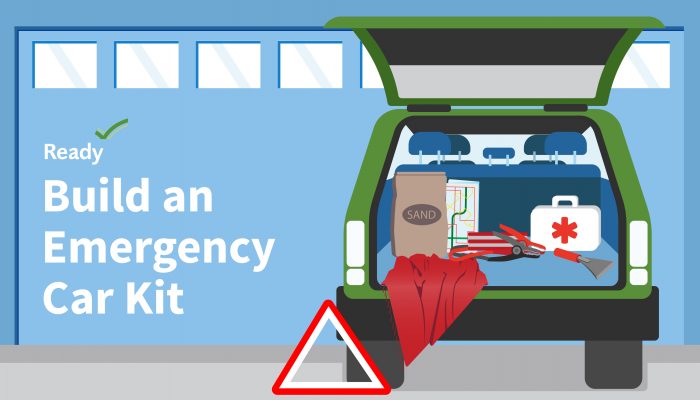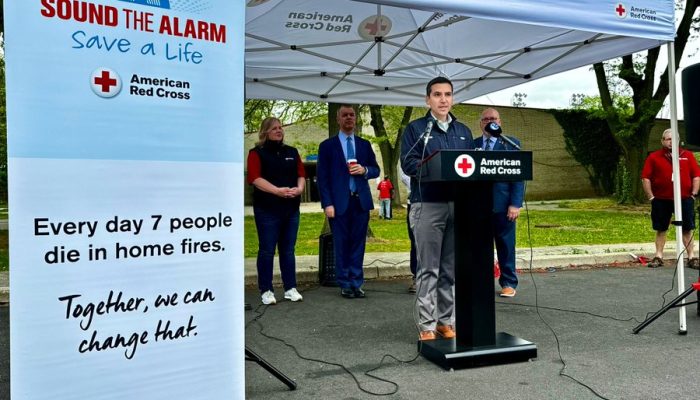A change in the weather marks that it’s time to check in on your emergency kits and plans. Kit items that are useful and keep you safe can change from season to season. So, we want to share an essential safety tip with you that may be overlooked. We all know that you should have an emergency kit in your home but did you know you should keep one in your car too? While roadside emergencies can happen at any time, your kit should be filled with tools to help you navigate fall and winter weather, like cat litter or sand for better tire traction in wet leaves or snow, ice scrapers, and snow shovels. Don’t forget to add extra warm clothing, gloves, and blankets to your winter emergency car kits. Keeping your vehicle stocked with whatever you might need for health, safety, and comfort should you be stopped in your vehicle for an extended period can make a big difference in cold weather.
Other items you should keep in your car year-round include:
- Flashlight and batteries
- Battery-operated radio
- Jumper cables
- Cellphone and charger
- First aid supplies
- Bottled water
- Non-perishable food
- Anything else you may need to accommodate family traveling with you (special medication, baby supplies, pet food)
For a full list of items that should go in your emergency kit for the car, check out www.ready.gov/car.
Prepare Your Car Before Emergencies
You can also prepare your car before emergencies by regularly checking your battery and ignition system, antifreeze levels, breaks, oil, and thermostat. Remember to keep your gas tank full in case of evacuation or power outages. A full tank will also keep the fuel line from freezing. Install good winter tires and make sure they have enough tread.
More Vehicle Safety Tips
The official end of the Atlantic hurricane season is November 30th but that doesn’t mean you shouldn’t stay prepared for flooding and extreme weather. Flooding can happen any time of the year and is the most common disaster in the United States. Please remember, do not drive through flooded areas. Six inches of water can cause a vehicle to lose control or possibly stall. A foot of water will float many cars. Turn around don’t drown!
If you must travel when winter weather is possible, share your travel plans and check road conditions and the weather forecast before leaving. Make sure you are weather-aware by signing up for ReadyPhiladelphia alerts from the City. Text READYPHILA to 888-777 or visit Phila.gov/ready.




